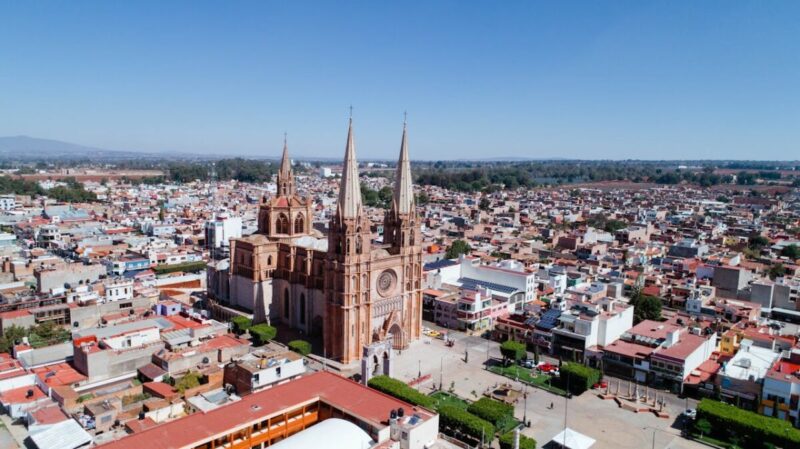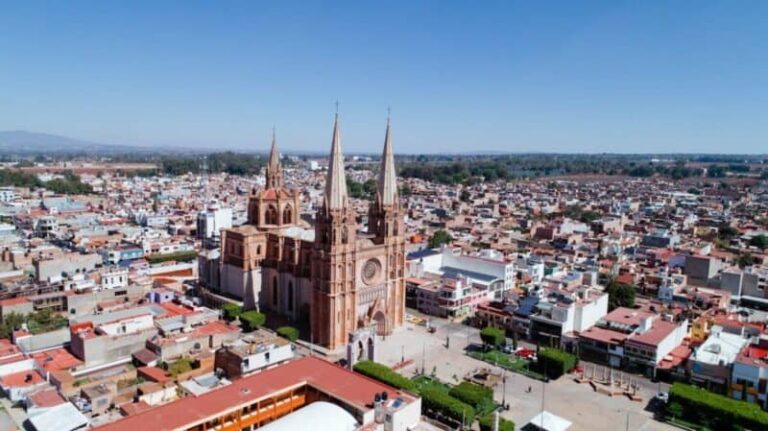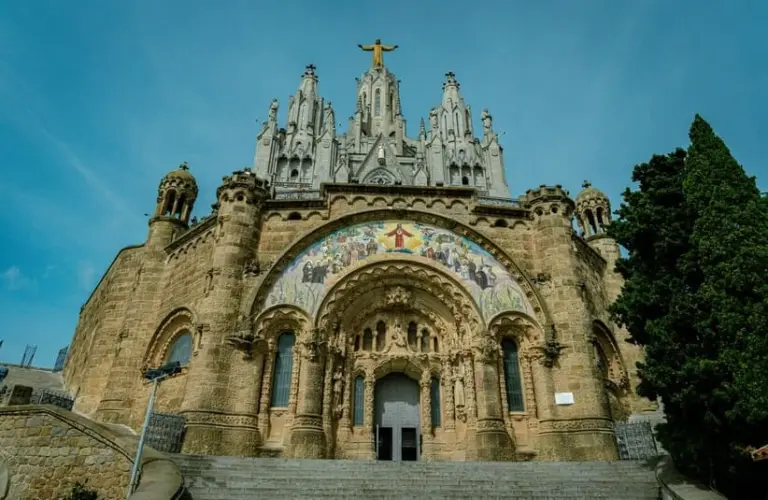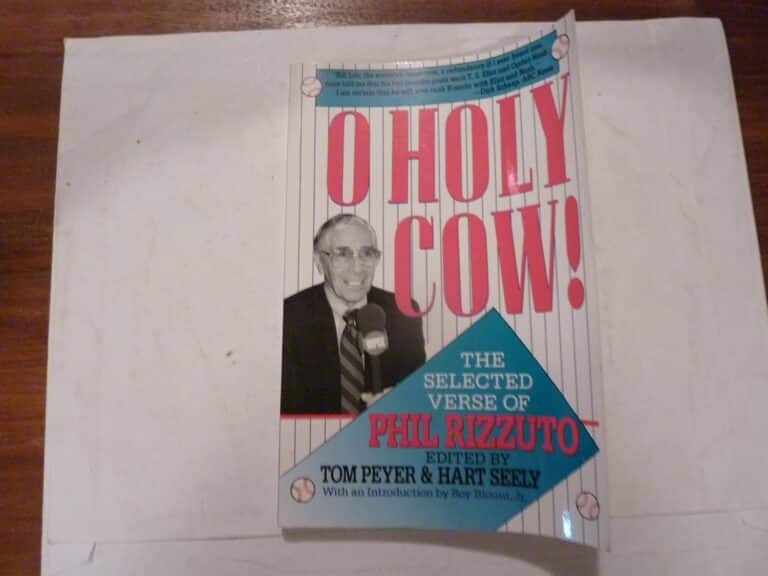Saint Mechtilde of Hackeborn 13C
Saint Mechtilde of Hackeborn was born in 1240 or 1241, and she died on November 19, 1298. She was a Saxon Christian saint (from what is now Germany) and a Benedictine nun. Saint Mechtilde of Hackeborn was renowned for her musical talents, possessing a beautiful voice. Saint Mechtilde of Hackeborn was famous for her musical talents and beautiful voice, earning her the title of the “Nightingale of Helfta.” She reported that Christ called her his “nightingale” in her visions. She held the office of domina cantrix until her death, presiding over the sacred music in her convent and training the choir. Do you have a good singing voice?
Saint Mechtilde of Hackeborn Biography

Whiler we know little of her birth and childhood, we do know when Saint Mechtilde of Hackeborn was seven years old, she was taken by her mother on a visit to her elder sister Gertrude, at that time a nun in the Cistercian monastery in Rodersdorf, she became so enamoured of the cloister that her parents yielded to her requests and allowed her to enter the alumnate. Here, being highly gifted in mind as well as in body, she made remarkable progress in virtue and learning.
Ten years later, in 1258, Saint Mechtilde of Hackeborn followed her sister, who, now abbess, had transferred the monastery to an estate at Helfta given her by her brothers Louis and Albert. As a nun, she was soon distinguished for her humility, her fervour, and the amiability which had characterized her from childhood.
Saint Mechtilde of Hackeborn joined the convent and eventually became the headmistress of the convent school. She was employed in the convent looking after the library, illuminating scripts, and writing her own texts in Latin. Mechtilde wrote many prayers. In 1261, the abbess committed to her care a five-year-old child, who in later generations became known as Gertrude the Great.
She had divine revelations. The Lord would say to her: “Everything you have and by which you can please Me you have from Me and through Me.” In one extraordinary vision, she perceived that “the smallest details of creation are reflected in the Holy Trinity by means of the Humanity of Christ, because it is from the same earth that produced them that Christ drew His Humanity.”
While Julian of Norwich (1342–about 1416) is the most noteworthy English author to employ the idea of God as mother, the concept did not originate with her. Anselm of Canterbury (1033–1109) had already fostered devotion to “our Lord, our Mother.” The Cistercians and Carthusians spread it by the use of these prayers in their monasteries, and women such as Marguerite d’Oyngt (d. 1310) and Saint Mechthild of Hackeborn took it up. In the description of her visions, Christ, the Virgin, and other members of the hierarchy of heaven enter as living realities. She was particularly fond of the angels, whom she loved to picture as the associates of men on earth and in heaven.
Saint Mechtilde of Hackeborn Veneration

There is a gilded wooden statue of Saint Mechtilde of Hackeborn at the side chapel dedicated to St. Scholastica in the Benedictine Abbey church at Tyniec, Poland. Dressed in a monastic habit, she wears a cross indicating that she is an abbess. The Sisters of St. Benedict’s of Ferdinand, Indiana, sponsor a “Mechtilde of Hackeborn Sacred Music Series,”supported through an endowment established by the Verkamp Family in honor of Sister Mary Aquin and Sister Mary Ann Verkamp.
Conclusion
The visions of Saint Mechtilde of Hackborn were written down in a book, La Laude di donna Matelda. 400 years later. It was printed chapbooks in the emblem style that had made the devotion widespread in Europe. It was elevated under this name to a universal feast on the liturgical calendar with Mass and Office proper composed by the French cleric John Eudes. (Another female religious, Mary Margaret Alacoque, spread the devotion among urban illiterate lay faithful of France with numerous testimonies of her supernatural visions of Christ’s passion, imagined as an inflamed pierced heart, encircled with thorns). Saint Mechtilde of Hackborn died in the monastery of Helfta on November 19, 1298.






